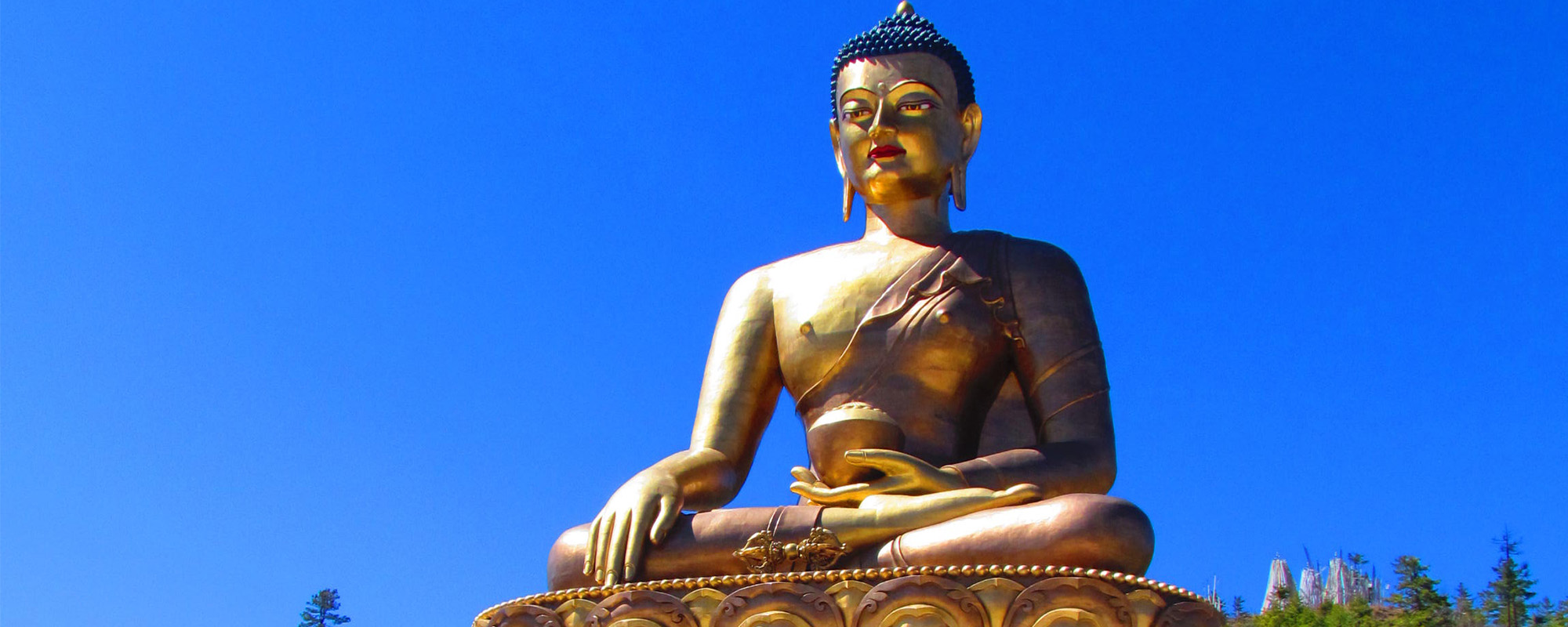

Bhutanese people can be generally categorized into three main ethnic groups. The Tshanglas, Ngalops and the Lhotshampas.
The other minority groups are the Bumthaps and the Khengpas of Central Bhutan, the Kurtoeps in Lhuentse, the Brokpas and the Bramis of Merak and Sakteng in eastern Bhutan, the Doyas of Samtse and finally the Monpas of Rukha villages in WangduePhodrang. Together the multiethnic Bhutanese population number just over 700,000.
Bhutanese society is free of class or a caste system. Slavery was abolished by the Third King Jigme Dorji Wangchuck in the early 1950s through a royal edict. Though, a few organizations to empower women were established in the past Bhutanese society has always maintained relative gender equality. In general our nation is an open and a good-spirited society.
Living in Bhutanese society generally means understanding some accepted norms such as Driglam Namzha, the traditional code of etiquette. Driglam Namzha teaches people a code of conduct to adhere to as members of a respectful society. Examples of Driglam Namzha include wearing a traditional scarf (kabney) when visiting a Dzong or an office, letting the elders and the monks serve themselves first during meals, offering felicitation scarves during ceremonies such as marriages and promotions and politely greeting elders or seniors.
Normally, greetings are limited to saying “Kuzuzangpo” (hello) amongst equals. For seniors and elders, the Bhutanese bow their head a bit and say “kuzuzangpo la” (a more respectful greeting). Recently, shaking hands has become an accepted norm.
The Bhutanese are a fun-loving people fond of song and dance, friendly contests of archery, stone pitching, traditional darts, basketball and football. We are a social people that enjoy weddings, religious holidays and other events as the perfect opportunities to gather with friends and family.
The openness of Bhutanese society is exemplified in the way our people often visit their friends and relatives at any hour of the day without any advance notice or appointment and still receive a warm welcome and hospitality.
The Bhutanese constitution guarantees freedom of religion and citizens and visitors are free to practice any form of worship so long as it does not impinge on the rights of others. Christianity, Hinduism and Islam are also present in the country.